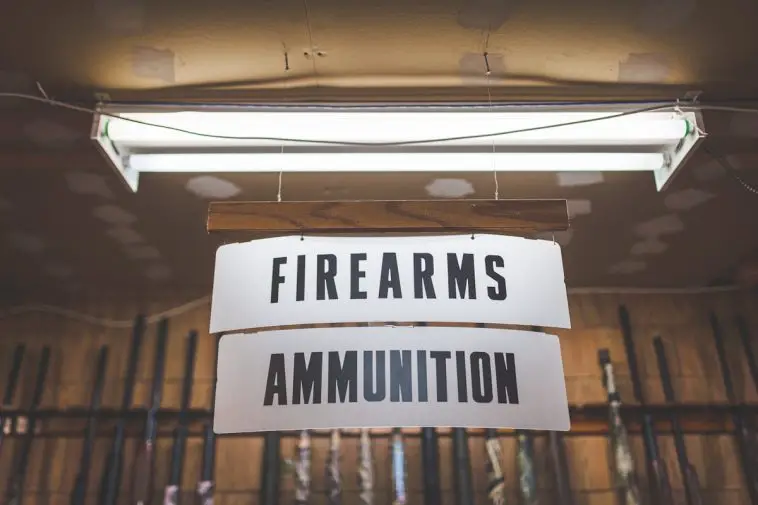Should ammunition sales be regulated by the federal government?
The right to bear arms is a fundamental liberty protected by the Second Amendment of the United States Constitution. However, this right is not solely about owning firearms; it also extends to the ability to purchase and possess ammunition. Regulating ammunition sales, from a conservative perspective, represents an infringement on this constitutional right and poses several significant concerns. Here’s why ammunition sales should remain free from government regulation.
Upholding the Second Amendment
The Second Amendment explicitly guarantees the right to keep and bear arms, and this right is inherently tied to the ability to access ammunition. A firearm without ammunition is essentially useless, and restricting access to ammunition undermines the purpose of the Second Amendment. Government regulation of ammunition sales could be seen as a backdoor way to limit the effectiveness of gun ownership, thereby infringing on the constitutional rights of law-abiding citizens.
Slippery Slope to Greater Gun Control
Many conservatives argue that regulating ammunition sales is the first step down a slippery slope toward more extensive gun control measures. Once the government begins regulating ammunition, it could lead to further restrictions on the quantity, type, or even the ability to purchase ammunition at all. This could eventually result in de facto gun control, where firearms are legal but access to the necessary ammunition is so restricted that the right to bear arms is effectively nullified.
Impact on Self-Defense
Regulating ammunition sales could directly impact an individual’s ability to defend themselves, their family, and their property. If the government were to impose limits on how much ammunition one could purchase or require extensive background checks for each purchase, it could delay or prevent law-abiding citizens from acquiring the ammunition they need for self-defense. In critical situations where time is of the essence, such regulations could have dire consequences.
Burden on Law-Abiding Citizens
Ammunition regulations would likely place an undue burden on law-abiding gun owners while doing little to prevent criminals from obtaining ammunition illegally. Criminals, by their very nature, do not adhere to laws and regulations, meaning they would still find ways to acquire ammunition through illegal means. Meanwhile, responsible gun owners would face increased costs, delays, and bureaucratic hurdles, making it more difficult for them to exercise their Second Amendment rights.
Economic Consequences
The regulation of ammunition sales could also have negative economic impacts, particularly on small businesses and local gun shops that rely on ammunition sales as a significant source of revenue. Increased regulation could lead to higher prices, reduced supply, and the closure of businesses unable to comply with new requirements. This would not only hurt local economies but also reduce the availability of ammunition for law-abiding citizens.
Preservation of Personal Freedom
At its core, the argument against regulating ammunition sales is about preserving personal freedom. Conservatives believe in the importance of limited government intervention and the right of individuals to make their own choices without unnecessary government interference. Regulating ammunition sales represents an overreach of government power, infringing on personal freedoms and the right to self-defense.



